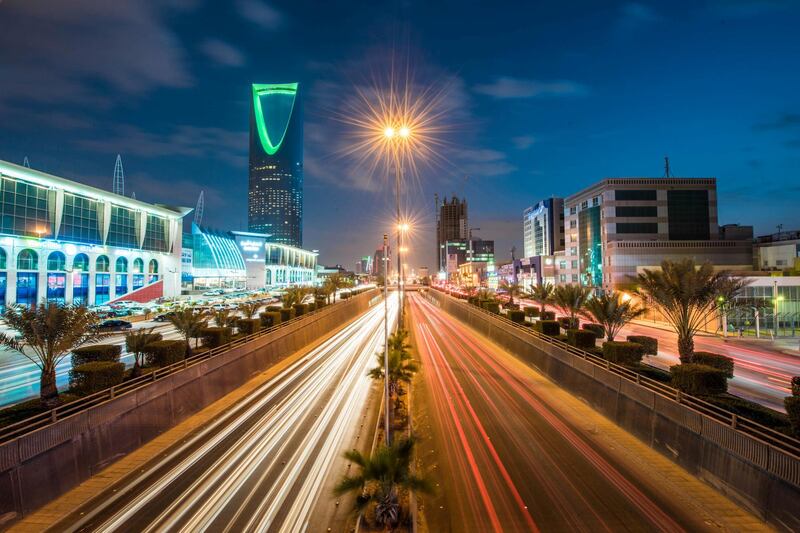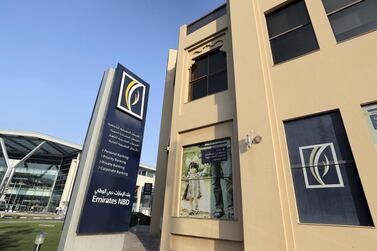The asset management industry in the Arabian Gulf is set to grow at a steady pace over the next decade, as regional governments overhaul their hydrocarbon-dependent economies and ease regulations to attract foreign investors.
Investment managers in the six-member economic bloc of the GCC, whose member states account for about a third of the world's proven oil reserves, had $260 billion (Dh954bn) of assets under management at the end of last year, Moody's Investors Service said in its latest report.
Saudi Arabia, the biggest Arab economy and Opec’s top oil exporter, accounted for slightly less than half of the regional assets, followed by Kuwait, Bahrain, the UAE, Qatar and Oman.
Of the total assets managed in the region, around $200bn is invested through managed accounts and the rest through collective investment vehicles that pool investors’ accounts, according to Moody’s estimates.
“Initiatives to diversify, such as Saudi Arabia’s Vision 2030 programme, should stimulate private investment, attract more international investors, and ultimately spur more growth in the asset management industry,” said Vanessa Robert, a vice president and senior credit officer at Moody’s.
The Gulf states, which rely heavily on the sale of hydrocarbons for revenue, are trying to overhaul their economies and cut their dependence on oil as their main source of income. Saudi Arabia and the UAE, along with their GCC peers, are pursuing their own economic reforms to develop alternative lines of revenue and open their markets up for foreign direct investment.
Both the UAE and Saudi Arabia have introduced laws to broaden their appeal to foreign investors. The Saudi financial regulator, the Capital Market Authority, in January 2018 halved the minimum capital requirement for foreign investors to $500 million from $1bn. FDI inflow to Saudi Arabia rose sharply in the first half of the year, climbing to $20bn.
"Asset managers will also face challenges as increased asset inflows test their capacity constraints, and as a more sophisticated client base demands a broader range of products and lower fees," Ms Robert said.
Sovereign wealth funds, such as Saudi Arabia's Public Investment Fund, account for most of the assets under management in the region. Institutional investors are relatively poorly represented in the GCC, with insurance companies and pension funds accounting for less than 15 per cent of total assets counselled.
However, economic reforms and new financial regulations will increase the flow of institutional money into the industry, Moody’s added.
Saudi Arabia is also home to the GCC's largest asset manager, NCB Capital, the investment banking arm of National Commercial Bank, which managed $41.9bn as of March.
The Saudi institution is followed by Bahrain-domiciled Investcorp with $28bn in assets as of June, and Kuwait's Wafra Investment, with $23.9bn in the books.
Gulf International Bank from Bahrain and Kuwait's Kamco are next in rank with $15.6bn as of December 2018 and $13.7bn as of June respectively, according to Moody's.
A handful of global asset managers are also based in Saudi Arabia, accounting for slightly less than 4 per cent of managed assets as of the first quarter of the year. HSBC Saudi Arabia is the largest of these institutions, accounting for 3.2 per cent at the end March, making it the eighth-largest manager. From the top 20 global asset managers, Amundi is present as the sub-manager for NCB Capital's index funds. Blackrock opened an office in Saudi Arabia this month.
“We expect global market leaders to expand their presence in the country due to a relaxation of foreign ownership limits coupled with more transparent regulations,” Moody’s said.








